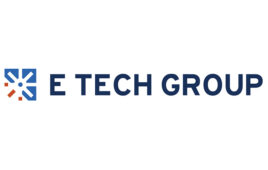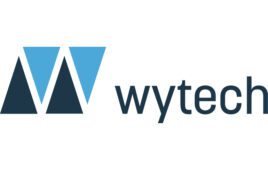 Johnson & Johnson (NYSE: JNJ) investors voted in support of a proposal for a third-party racial justice audit at the annual shareholder meeting.
Johnson & Johnson (NYSE: JNJ) investors voted in support of a proposal for a third-party racial justice audit at the annual shareholder meeting.
It was the only shareholder proposal to pass at yesterday’s annual meeting, where investors also considered proposals to discontinue global sales of baby powder containing talc, to study the public health costs of protecting COVID-19 vaccine technology, and to include legal and compliance costs in executive pay metrics.
The vote is only advisory, so it doesn’t require Johnson & Johnson to take action, but it sends a strong signal from investors that they view racial justice as a business matter.
A similar proposal in 2021 had significant support. Johnson & Johnson opposed the proposals both years, saying the company already makes diversity, equity and inclusion (DEI) part of its credo and core values.
Sister Ivette Diaz spoke in support of the proposal on behalf of Mercy Investment Services, the Johnson & Johnson shareholder that put it on the ballot.
“In healthcare, business as usual has resulted in disparate outcomes for Black and brown communities,” she said. “Addressing systemic racism demands more than internal assessments and donations. An independent audit engages a company in a comprehensive risk mitigation process. … Specifically we are concerned about the ongoing controversies related to the May 2020 decision to discontinue North American sales of talcum-based powder but continue global sales. Claims of aggressively marketing these products to Black and brown woman after its talc supplier included the World Health Organization’s ‘possibly carcinogenic’ label on shipments are troubling, as are the more than 19,000 lawsuits pending related to its use.”
Corporate Secretary Matthew Orlando announced the proposal’s passage at the close of the meeting.
“The board and management appreciate all forms of feedback from our shareholders, and despite the advisory nature of today’s vote on the shareholder proposals … we will seriously evaluate today’s voting results,” he said.
A Johnson & Johnson spokesperson declined an opportunity to provide further comment or details on next steps.
The proposal won the support of 62% of voting shareholders (excluding abstentions and non-votes), according to an April 29 SEC filing.
For comparison, the annual advisory vote on executive compensation was supported by nearly 89% of voting shareholders, and each board member received at least 91% support.
CEO Joaquin Duato led all board members with a support rate of 99.53%, narrowly beating Dr. Nadja West’s 99.51%.
UPDATE: This post was updated with voting percentages on May 6.




